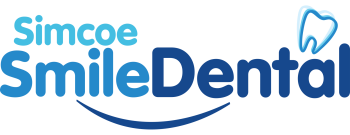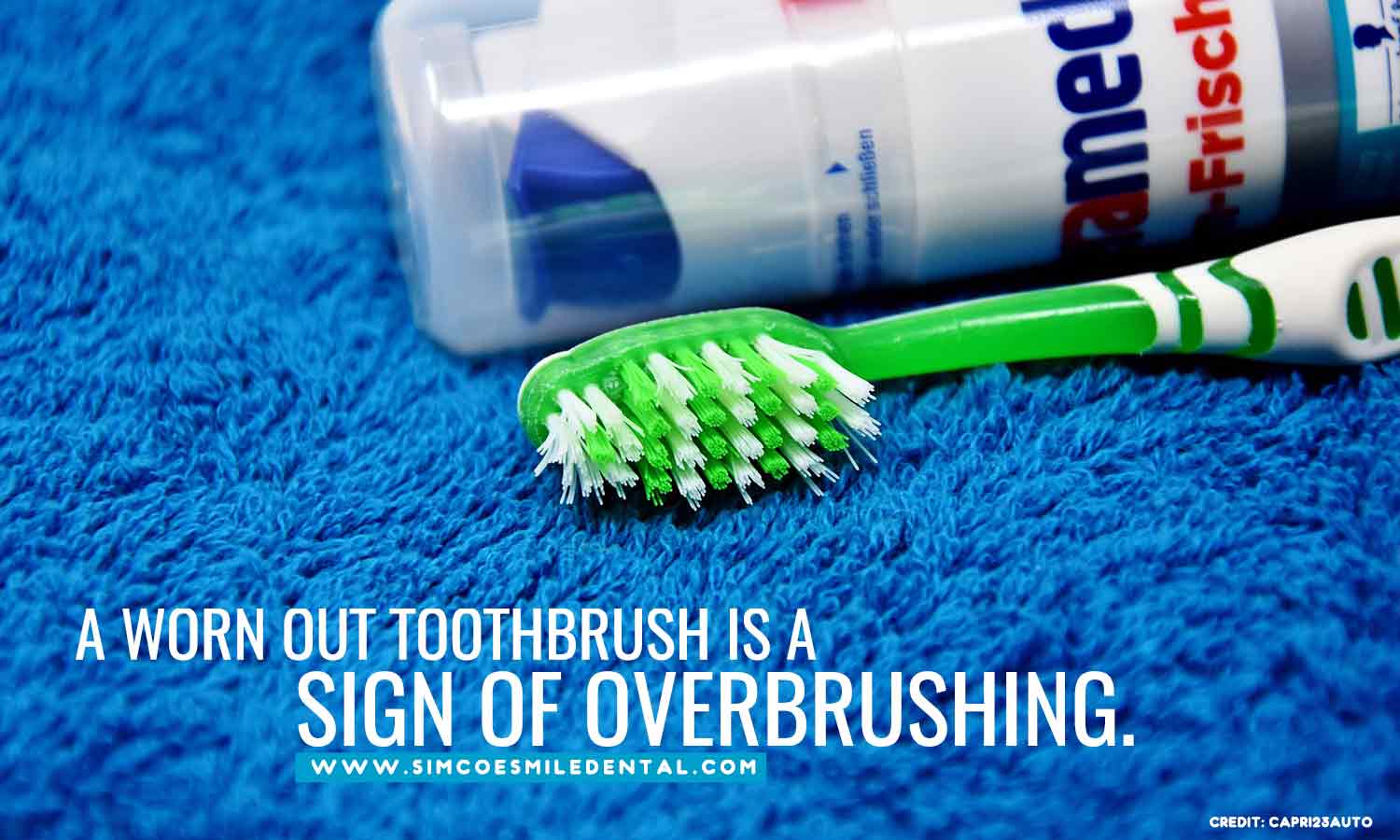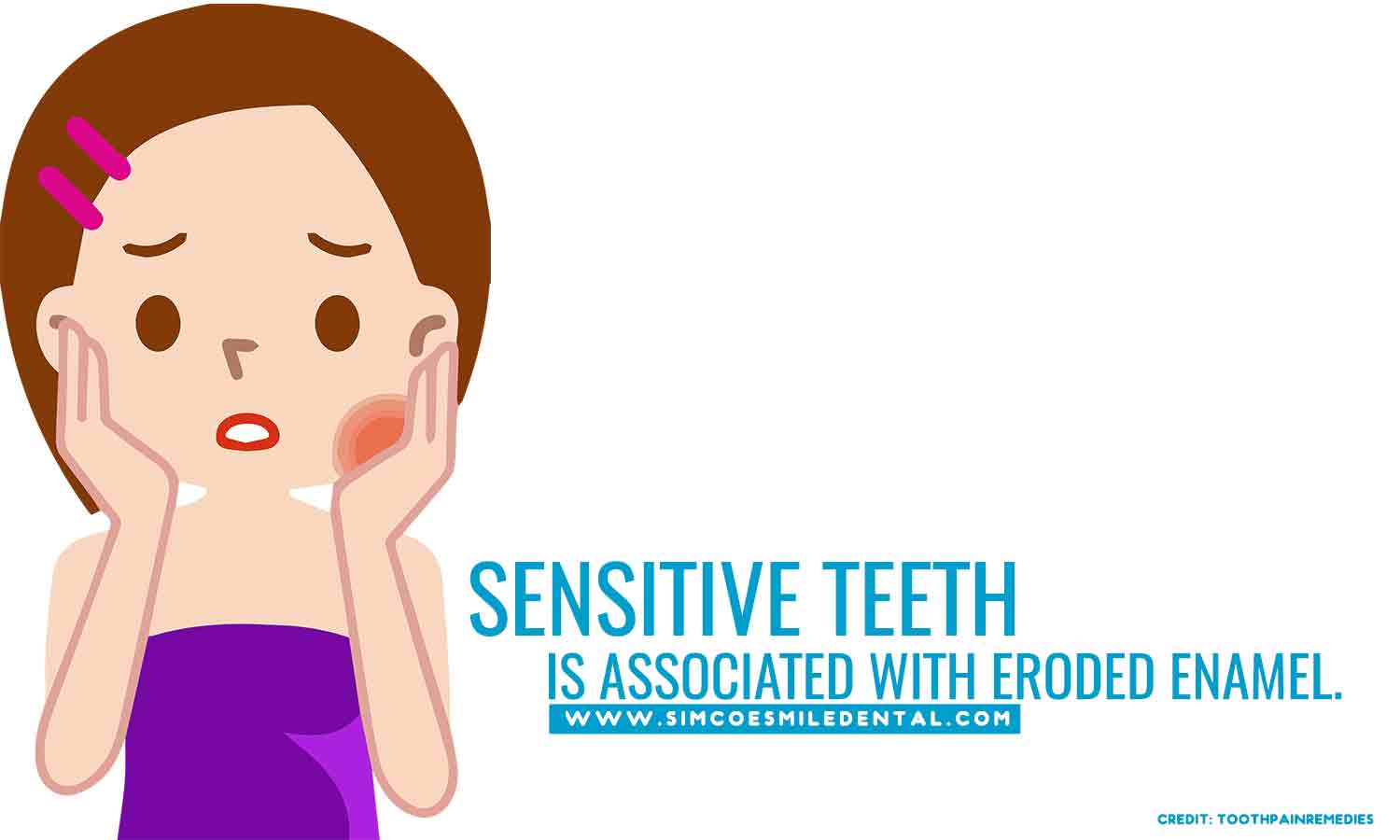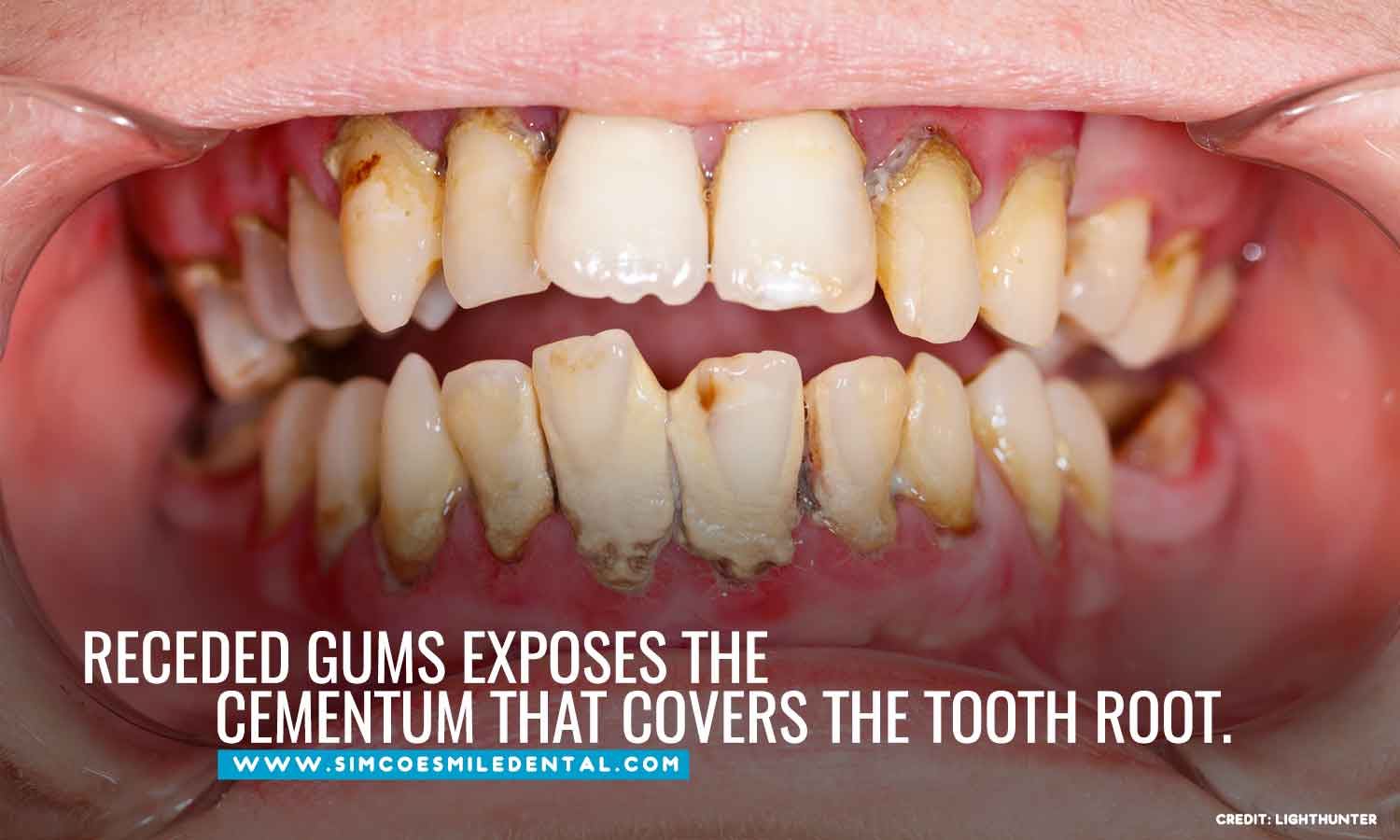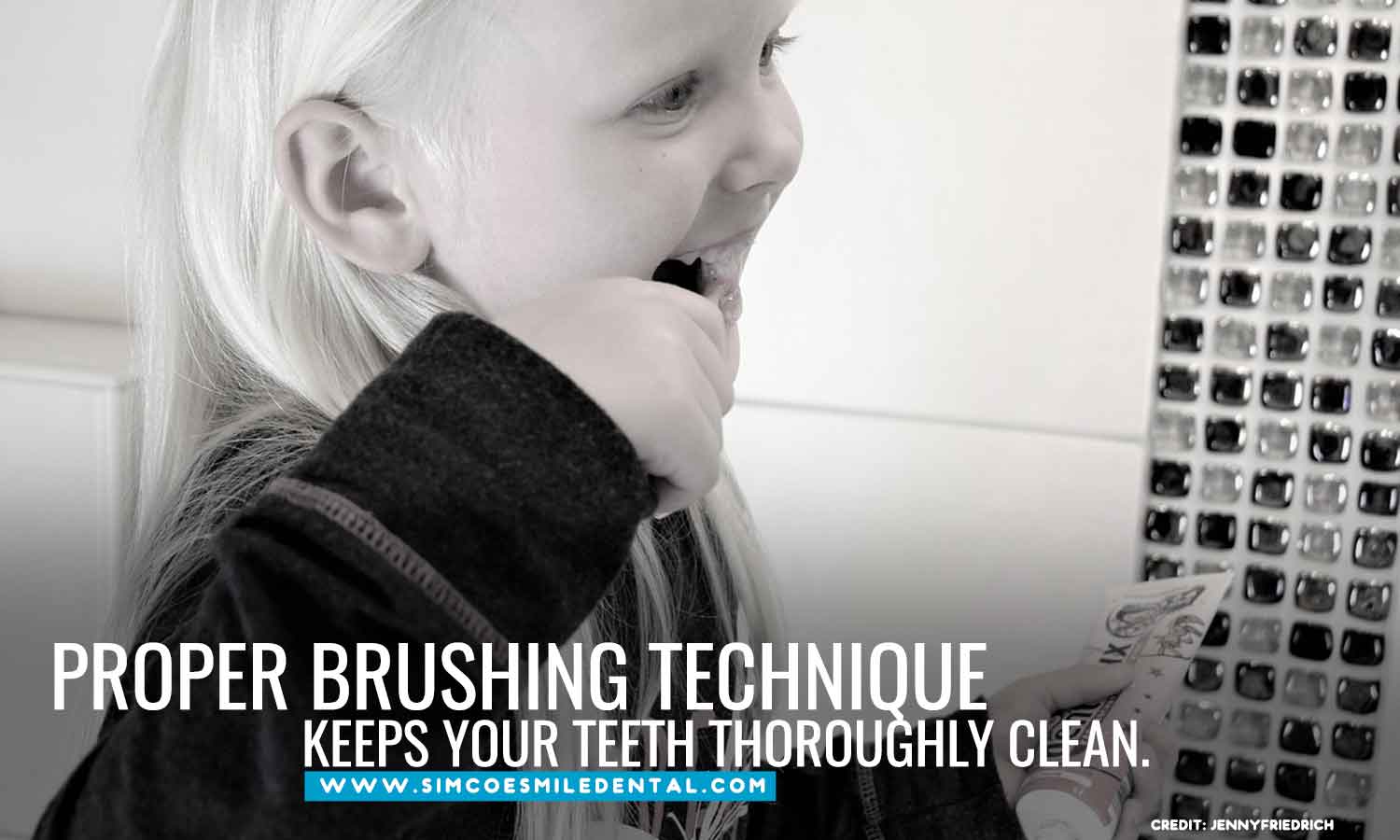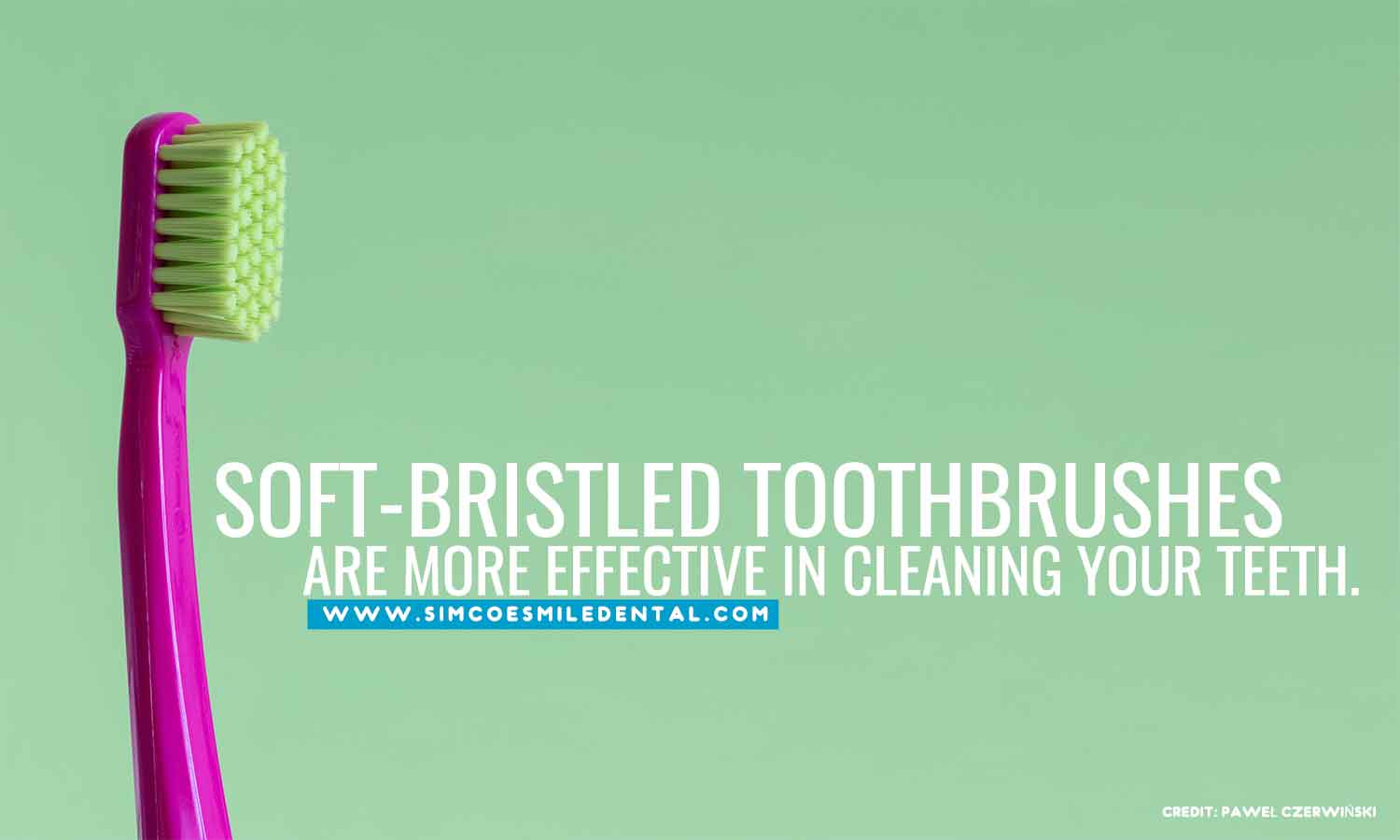Many people are conscientious about their oral health, and you are probably one of them. You understand the great importance of brushing your teeth regularly as part of your daily oral hygiene. While frequent brushing is a good thing, you may be surprised to learn that overbrushing your teeth can lead to several dental problems. Excessive tooth brushing can damage your teeth and gums.
Are you brushing your teeth too diligently? What are the signs that you are overbrushing your teeth? How does overbrushing damage your oral health? What is the proper way to brush your teeth? This post will provide the necessary answers to these questions.
Signs That You Are Overbrushing Your Teeth
Sometimes, too much of a good thing can be harmful. While brushing your teeth protects you from oral problems, overbrushing your teeth could result be damaging to your dental health. Unfortunately, you may not realize that you are brushing your teeth too diligently. Over time, you may be surprised to discover that instead of having healthy teeth and gums, you have sensitive teeth and receding gums.
To prevent these problems, here are the common signs of overbrushing that you need to avoid:
- Splayed toothbrush bristles
- Bleeding gums
- Swollen gums after brushing
- Receding gums
The Consequences of Overbrushing
Many people think that brushing your teeth too diligently can get you a healthy set of teeth and clean, fresh breath. Unfortunately, that is not the case. Dental experts warn that overbrushing can be damaging to your teeth and gums.
Check out these common dental health problems you could potentially have when you overbrush your teeth:
- Tooth Abrasion – Characterized by the progressive loss of tooth enamel due to mechanical action. It can also be associated with incorrect, heavy-handed brushing techniques, resulting in notching at the junction of the crown and tooth root. Also, the combination of overbrushing and the use of a hard-bristled toothbrush and abrasive toothpaste is a recipe for damage.
Eating acidic foods can also exacerbate the effects of overbrushing on your enamel. Dental experts recommend waiting for at least 30 minutes after brushing your teeth the risk of scrubbing acid across the teeth.
- Tooth Sensitivity – The thinning of enamel, either through abrasion or erosion, causes the nerve endings in the dentin layer to be exposed, causing sensitivity when eating and drinking hot and cold foods or beverages. This can eventually make brushing uncomfortable. If you experience sensitive teeth, evaluate your brushing technique and switch to a soft-bristled toothbrush. Also, avoid using abrasive toothpaste, such as whitening toothpaste.
- Gum Recession – In addition to tooth abrasion and sensitivity, overbrushing and improper brushing cause your gums to recede. Gum recession can lead to the exposure of cementum, a soft, calcified substance that covers the root of the tooth. When exposed, it can be vulnerable to decay. It can also wear away and notched easily, causing sensitivity and pain. Keep in mind that receded gums can never come back to original form. In some situations, it may require periodontal surgery.
What Is Proper Brushing Technique?
Brushing your teeth is not about how hard you scrub, but how you properly and thoroughly brush your teeth. You can change your hard-brushing ways by using a soft-bristled toothbrush to prevent dental abrasion and gum recession while gently removing plaque on the surface of your teeth. Dentists also recommend brushing your teeth for two to three minutes for a thorough cleaning.
Here are some easy and quick tips to get your teeth squeaky clean without damaging them:
- Squeeze a pea-sized amount of fluoride toothpaste onto your toothbrush. Using too much toothpaste can produce too much suds, tempting you to spit and finish early. Also, it puts you at risk of ingesting toothpaste suds.
- Set your toothbrush bristles on the gum line at a 45-degree angle. Using light pressure, slide under the gums. Avoid brushing across your teeth; instead, gently brush the surface of the teeth back and forth or in circular strokes.
- Brush your teeth for two to three minutes. Brush a few teeth at a time. Gently work your way around your mouth in circular motions. Spend about 30 seconds on each quadrant (top left, top right, bottom left, and bottom right) to get a full two minutes of brushing time.
- Brush your molars by positioning the toothbrush perpendicular to your lips so that it will rest on top of the bottom molars. Scrub your molars in an in-and-out motion. Repeat on the other side. Once the bottom molars are clean, flip the toothbrush over and start working on your top molars.
- Brush the inner surface of your teeth by tipping the head of the toothbrush so that it points towards your gum line and start brushing each tooth.
- Do not forget to brush your tongue gently. Avoid pressing too hard to avoid damaging the tissue. Brushing your tongue effectively keeps bad breath away by getting rid of the bacteria on your tongue.
Optional:
- Rinse out your mouth thoroughly with clean water. Swish it around your mouth and spit the water out.
- You can choose to finish it with a fluoride-based mouthwash. Take a small sip and swish it around your mouth for about 30 seconds. Spit it out and do not swallow any.
Common Mistakes to Avoid
We all want a healthy, bright smile; that is why we are diligent when it comes to our mouth, teeth, and gums.
To help achieve optimum oral health, here are a few mistakes to avoid when brushing your teeth:
- Choosing the wrong brush – Many people think that a hard-bristled toothbrush cleans more than soft-bristled ones. Dental experts said that soft-bristled toothbrushes are more effective than hard-bristled. Plaque is a soft substance and does not need hard scrubbing. Here’s how to choose the right toothbrush.
- Brushing too quickly – It is essential to brush your teeth twice daily for two to three minutes each time.
- Holding on too long – Make sure to change your toothbrush at least three to four months or when the bristles become frayed.
- Forgetting the gum line – Bacteria do not only live on your teeth; they also thrive where the tooth meets your gum.
- Brushing too soon – Dentists recommend brushing your teeth 20 to 30 minutes after eating. This allows the saliva to neutralize the acid in your mouth. Brushing too soon means scrubbing acids from the food against the surface of your teeth.
Keep in mind that forceful brushing would not give you the results you desire. Use the right tools (toothbrush, toothpaste, mouthwash) and execute the proper brushing technique to effectively clean your teeth and achieve a healthy mouth every time.
To achieve excellent oral health, you need to partner with a trusted dentist in Oshawa. Simcoe Smile Dental takes pride in providing Oshawa families with personalized dental care and regular dental cleaning. We offer comprehensive dental services thatsuit your family’s dental needs. Call us at (289) 312-1482 to book an appointment or visit our dental office in Oshawa. Let us be your partner in achieving a healthy and winning smile!
